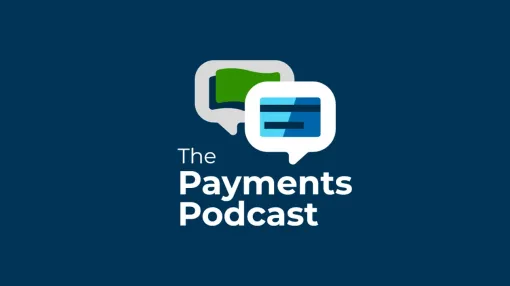You know that “the check’s in the mail” excuse, the one that should be an amusing relic of the 1980s? Well, it’s not so funny in the 2020s.
In fact, the arc of check fraud and mail theft fraud is increasing so dramatically that the US government issued an alert on Feb. 27. That alert, from the Financial Crimes Enforcement Network (FinCEN), showed that in 2021, financial institutions filed more than 350,000 suspicious activity reports for check fraud, a 23 percent increase over 2020. Fast forward to 2022 and the number of SARs related to check fraud reached over 680,000, nearly double the previous year’s amount of filings.
From personal and business checks to tax refunds and checks related to government assistance programs, such as Social Security payments and unemployment benefits, criminals will generally steal any and all types of checks if they can lay their hands on. But business checks may prove to be more valuable because business accounts are often well-funded and it may take longer for the victim to notice the fraud.
It all adds up to being deadly serious business rather than a joke. And nowadays when you try to square “the check’s in the mail” with other economic dynamics the issue is even more serious.
Delayed checks in any form put a strain on the business of B2B payments and should be avoided at all costs. Impacts include fractured business relationships and cash-related pain points for accounts receivable teams. Here’s why, and what businesses are increasingly doing to combat the slowdown in already slow checks.
Slower checks could mean financial trouble
For a payer, checks were already a bit of a nuisance. Paper check processing costs can exceed $5 a payment, require time and energy from accounts payable staff and can subject the AP team to overdue payment fees. All of those issues are made worse if the check is both slow to leave the building and slow to arrive to your supplier. Over time and with a high volume of check payments, the cost can reach thousands of dollars per year. All that money is effectively being wasted.
For a supplier, the impact is a little more obvious and potentially more significant. Cash flow is a major problem for businesses, especially smaller ones, dealing with the knock-on effects of the increasing cost of capital. That’s magnified by supply chain woes and organizations trying to hold on to cash as long as possible. Those add up to late payments, and late payments can leave a vendor scrambling.
With checks already suffering from a justified reputation as the sleepy snail of the payment world, even a delay of a day or two can mean a major problem. For some businesses, it’s the difference between needing working capital and keeping the business running smoothly as-is.
The friction points are obvious. If you're a buyer, you have no interest in getting hit with late fees. Also, anything that generates unnecessary waste, time and cost in today’s business environment is a headache. If you're a supplier, past due payments from a payer could leave you with a shortfall and simmering frustration. Regardless of which side you're on, it's easy to understand where the strain of slow check deliveries comes from.
The solution? Go digital
For an increasing number of businesses, the easiest way out of the quagmire is lighting that check stack on fire as quickly as possible.
Digital payments like ACH and virtual card carry much lower processing costs than checks. Unlike checks, they can generate rebates for payers that have the potential to entirely offset (and then some) those costs. These payment types are also much faster to process and easier on your accounts payable team. In addition, they don't need to travel through the mail at all.
It's little wonder that adoption is growing, as 56% of businesses surveyed by Ardent Partners currently use automated digital payments. A further 22% are planning to roll them out within the next two years. For the remaining 22% of businesses, there are huge unrealized cost and time savings associated with that switch. As checks become more of a liability, those savings will only grow.
Suppliers are increasingly signing off on accepting new payment types for the reasons you'd expect. In fact, Bottomline’s 2022 Business Payments Barometer highlights that 63% of US businesses have started accepting new payment methods. These businesses know they’re more likely to be paid faster than by check, and it's much easier to track when those payments are coming in. The visibility offered through the reporting and remittance information offered by a payment network like Paymode-X makes accepting payments faster. There’s something to be said for the peace of mind associated with knowing your payment won't be lost in the mail.
If you've been putting off adopting digital payment methods because slow check payments seem tried-and-true, it’s never too late to change.


